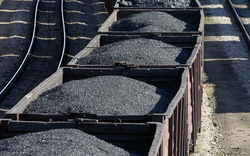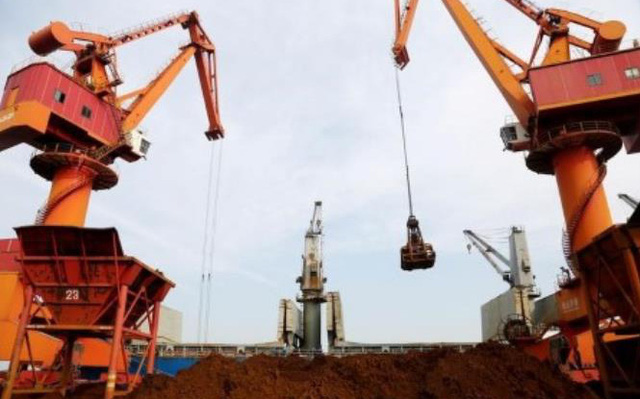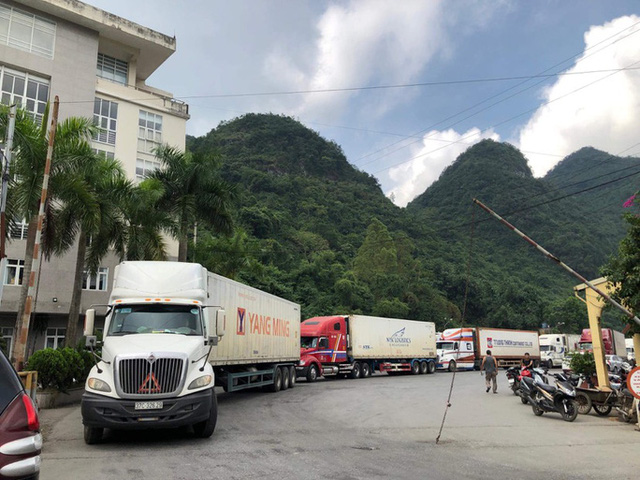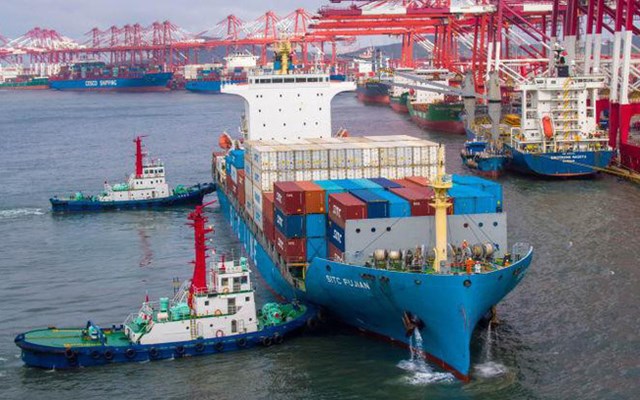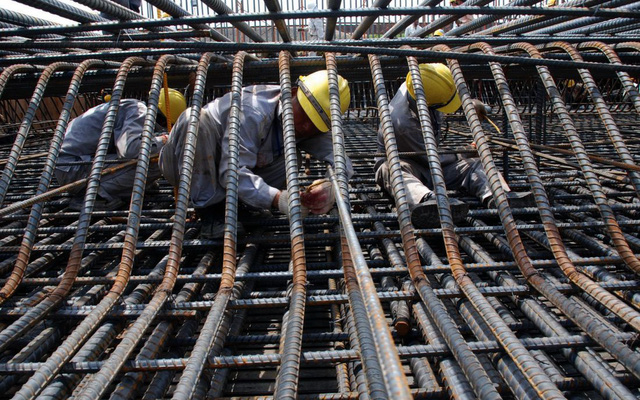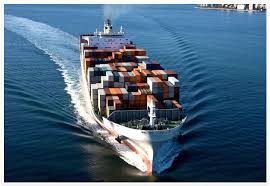China Iron and Steel Association (CISA) on August 19 continued to urge its members to limit the country’s total steel exports and reduce exports of low-grade products, in order to ensure domestic supply and make efforts to improve the quality of products. force to reduce carbon emissions.
In a message to steel exporters, CISA said that traders should “actively adjust their export strategy and consciously reduce total export volume” to ensure domestic supply and reduce consumption. energy consumption.
In a statement on its website, the association writes that export companies must resist the temptation to profit from export volumes and high international prices to focus on high-end, low-cost products. export or non-export of conventional products.
In the first seven months of the year, China exported 43.05 million tons of steel products, up 30.9% year-on-year. Rising international prices and strong overseas demand have spurred Chinese steelmakers to increase output and boost exports even though Beijing has revised steel tariffs twice this year and eliminated export tax refund on about 170 steel products.
China has repeatedly urged steel mills to limit production to reduce pollution, with output falling in July, signaling that the measures are starting to take effect. Several major producers have arranged to cut supply, while mining giant BHP this week said it is possible the “austerity” trend will become even tighter in the months to come. back of this year.
Fitch Solutions said: “Global steel prices have begun to cool as we anticipated and we expect further declines in the remainder of 2021 and 2022 as Chinese demand increases. from the weak construction sector”.
It is known that Beijing has vowed to keep this year’s crude steel output at or below the record 1.065 billion tons of 2020 to implement a roadmap to reduce carbon emissions from the iron and steel sector.
China’s steel output and iron ore consumption are expected to decline from now until the end of the year as the government tries to limit pollution each year.
The country’s steel consumption is also expected to slow down, especially in the construction sector, according to the China Iron and Steel Association and analysts.
According to CITIC Securities: “Logically, when demand weakens, the restriction on steel production will be tighter”, and “Assume that demand cools down, the increase in steel prices will be limited … but pressure up iron ore is huge.”
Meanwhile, Tianfeng Futures analyst Li Wentao said that iron ore supply is expected to increase from all sources: domestic miners, Brazil and many other countries. Mr. Li said that with the current state of iron ore inventories at steel mills is relatively low, it is possible that factories will have a need to buy reserves in the coming months.
Compared to the historic record high just three months ago, iron ore prices have now lost about 40%.
“Iron ore remains a commodity that has a lot of relevance to China, so when the country’s economic activity slows, the virus spreads,” said Ole Hansen, managing director of commodity strategy at Saxo Bank. spread quickly and supply chains are disrupted, iron ore will be the first to be affected.”
Source: VITIC / Reuters, Bloomberg
T&G International Joint Stock Company
Address: 352 Hue Street, Le Dai Hanh Ward, Hai Ba Trung District, Hanoi
Hotline: 0345786803
Email: hrm@tginterjsc.com
Website: http://tginternationaljsc.com



